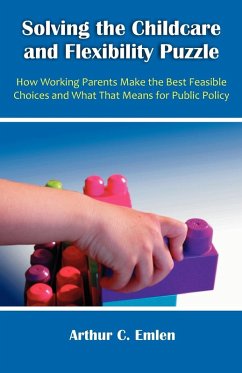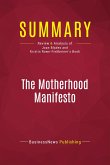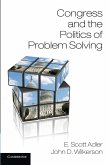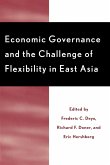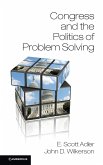This book shines a light on the dynamics of parental decisions and discovers a remarkable ability. Disputing idealized professional measures as irrelevant to the everyday life of most families, Professor Emlen describes detailed evidence from his own research and arrives at a simple but profound conclusion: that parents have a propensity to make the best choices possible. It all depends on how much flexibility they can marshal from work schedules, shared family efforts, and helpful providers of childcare. Based on successful measurement of childcare quality from a parent's point of view, the findings show that as parents solve their flexibility puzzle, the more flexibility from any or all sources, the better the quality of care. Emlen gives the familiar concept of flexibility new scope and depth, as a necessity for any planned activity, as a resource that comes from multiple sources within the immediate environment, and as a creative problem-solving ability that parents possess. This satisfying explanation of parental choice contradicts prevailing opinion and has pivotal importance for policy. Emlen traces how an influential vanguard within the childcare profession gave parents a bum rap that led to bad policy, as advocates sought a system of childcare that left parents behind and ignored the vulnerability of families. Emlen charts a new direction, with policies that will increase the wellsprings of flexibility, while respecting freedom of parental choice of childcare. Many readers will hail a book that makes a case for policy that strengthens the wellbeing of families, improves employment policies, and offers ways to enhance the big picture of childcare in America in all its diversity. This book will be read by those interested in an ecological study of the nature and dynamics of parental judgment and decisions-particularly in the author's fundamental hypothesis explaining the relationship between flexibility and optimal choice. The book will be read also by corporate managers of human resources, early childhood experts, childcare professionals, and by working parents themselves, who will appreciate the book's thoughtful defense of parental choice.
Hinweis: Dieser Artikel kann nur an eine deutsche Lieferadresse ausgeliefert werden.
Hinweis: Dieser Artikel kann nur an eine deutsche Lieferadresse ausgeliefert werden.

